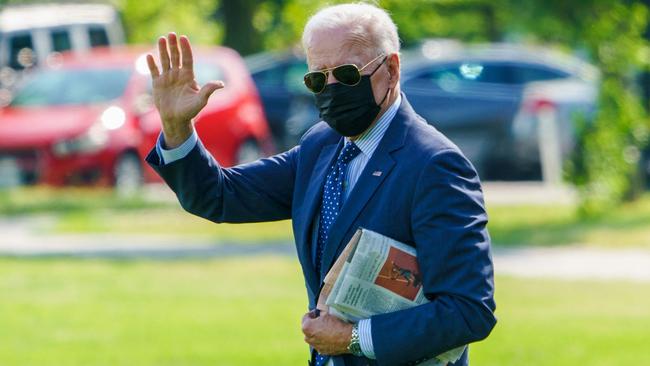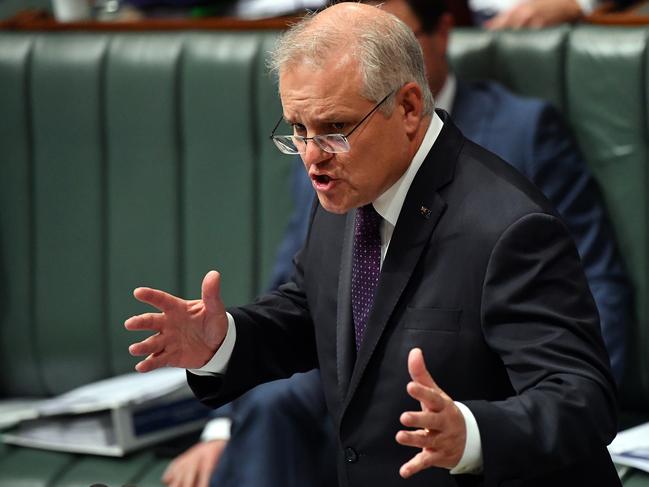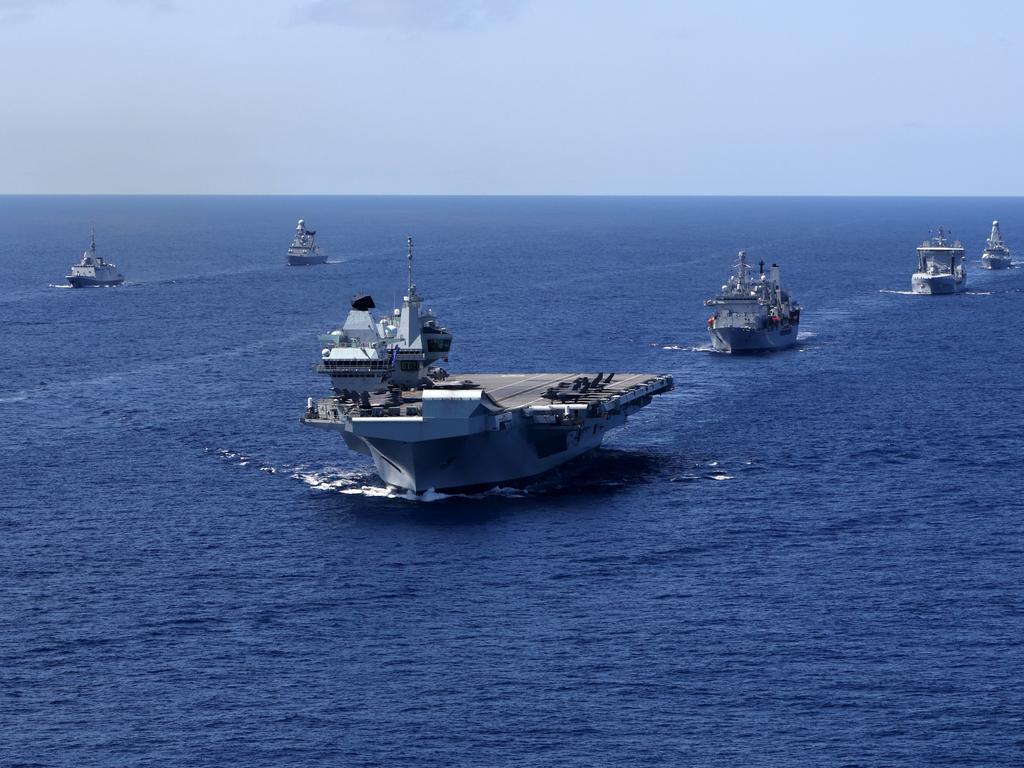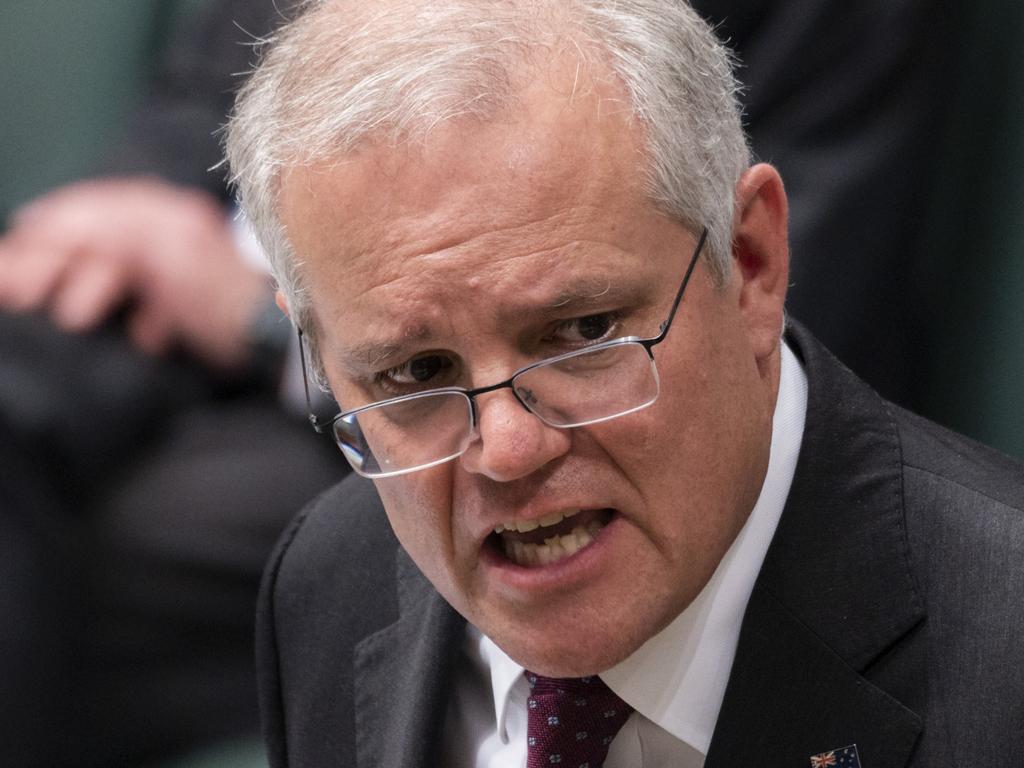
He did exceptionally well in New Zealand to inject something approaching a strategic backbone into the Kiwi discourse on Beijing, with Prime Minister Jacinda Ardern identifying Wellington with Canberra on China policy.
Because of Covid, Morrison is travelling less and has to be selective in what he does.
The freight of Australian business in the G7 meeting is enormous. It’s the third G7 summit Morrison has been invited to, although the second, in the US, did not go ahead in person because of Covid.
With the G7 inviting India, South Korea and Australia to participate, this is the meeting of all the most important liberal democracies in the world.
With Japan there, it’s virtually an Indo-Pacific summit as well.
Covid means India’s Narendra Modi can attend only virtually. Morrison is doing the right thing by Australia’s Southeast Asian constituency by visiting Singapore on the way.
But the Biden meeting is the biggest show. The President often says “all politics is personal”.
So far, he has been a fairly good president for Australia.
His administration has expressed strong support for Canberra against Beijing’s trade actions. He has energised the Quadrilateral Dialogue involving the US, India, Japan and Australia. And he has re-emphasised US alliances, which is good for Australia.
He has not cut US military spending. Nor, though, in his spendathon budget proposals has he sought to increase it at a time of Chinese military build-up.

There is a political danger in Biden’s ascendancy: he is even more committed than was Barack Obama to maximal climate change gestures and rhetoric.
Across the US political system, Australia has a very good name generally but most Americans are woefully ignorant about the steps we have taken to reduce greenhouse gas emissions or the nature of our economy.
The liberal left in the Democratic Party conceives of a racist nation led by a reactionary government that has done nothing on climate.
This cacophony of caricatured inaccuracy led to one of the great atrocities in the US-Australia alliance at a previous G7 meeting, when Obama in Brisbane sandbagged the then prime minister, Tony Abbott, with an abusive, partisan, and frequently factually inaccurate speech on Canberra’s alleged climate failings. The people responsible for that alliance treachery under Obama cluster now under Biden.
Australian diplomacy needs to ensure nothing like that happens again. To that end, Morrison has explained Australian climate policy and politics to both Biden and his climate change tsar, John Kerry, whose record on Asian diplomacy is woeful.
There is also a smaller if real chance Boris Johnson could do an Obama, because cheap applause on climate gestures is very attractive to leaders who love to be loved.
If there is a conflict between our national interest and US presidential approval, Morrison should choose the former, although good diplomacy should make such choices unnecessary.








Scott Morrison will meet US President Joe Biden in person for the first time at the G7 summit in Cornwall. It will be Morrison’s most important meeting as Prime Minister so far.